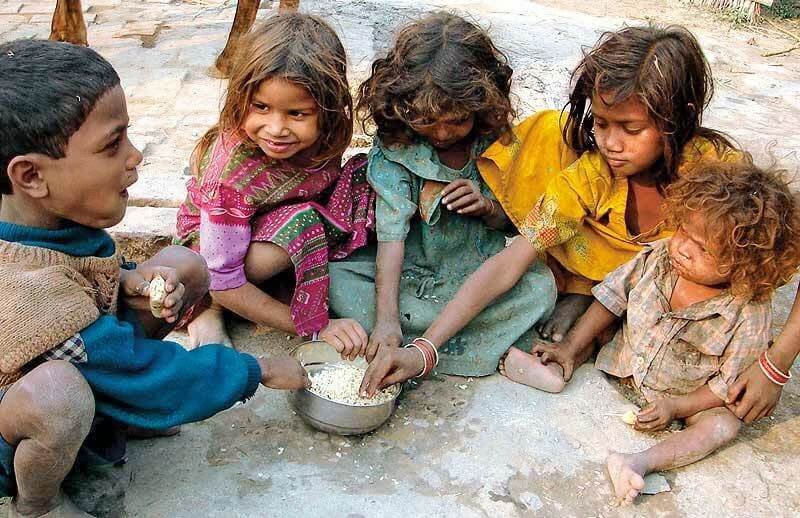Feb 5, 2018
HC lifts stay on ban on use of animal-origin material to make silver leaf
Delhi High Court has lifted its stay on the AAP government's decision to prohibit use of animal-origin material in the manufacture of silver leaf, known as 'chandi ka warq'.
NEW DELHI: The Delhi High Court has lifted its stay on the AAP government's decision to prohibit use of animal-origin material in the manufacture of silver leaf, known as 'chandi ka warq', used as a decoration on sweets.
A bench of justices Sanjiv Khanna and Chander Shekhar, however, permitted the traditional manufacturers of silver leaf to dispose of their existing stock of the sweet decorative which is also used in Unani and Ayurvedic medicines.
The Delhi government had issued a circular banning use of the material made by the traditional process on the basis of a central notification to that effect.
The court passed the order after the petitioners, who were in the business of making 'chandi ka warq' by the traditional process, said they would move a representation before the Food Safety and Standards Authority of India (FSSAI) to show that their method was hygienic and without any risk of contamination.
The FSSAI, by a notification of July 15, 2016, had banned the use of the silver leaf manufactured by the traditional method, which involved use of intestine of a cow or buffalo, saying it was unhygienic and there was a risk of infection and contamination of the silver leaf.
The traditional method of manufacture involves hammering silver into a thin shape while it is placed inside the intestine of a cow or buffalo.
The FSSAI had also told the court that there was a new method of manufacturing 'chandi ka warq' that involved beating sheets of black specially treated paper and polyester sheets coated with food-grade calcium powder.
The petitioners had, on the other hand, contended that their method was not unhygienic as the animal skin was dried and processed to make it hygienic.
While asking the petitioners to make a representation before the FSSAI, the bench expressed hope that the authority would take a decision and communicate it within three months of receiving the representation.
Officials Donate Vehicles To A NGO Working To Collect Waste Food And Feed The Needy By Aparna Mundhra
Most of us crave for varied cuisines for our meals and avoid having the same old Indian food, but have you ever pondered what the homeless poor crave for? There are crores of people who start their day with a thought that what will they feed their kids today. And then we have dustbins filled with food, mingled amongst the garbage and other waste. Children lean over those bins in a hope if that food could satiate their hunger
.

An initiative was taken by food safety officials, including Tamil Nadu food safety commissioner P Amudha donated two vehicles to No Food Waste, an NGO out of their own salary, contributing towards the management of food waste in Chennai on Friday.
‘No Food Waste’ is an organization set up by three youngsters in Coimbatore, extending their services in Chennai as a mission to save maximum food throughout the country, recovering surplus food from wedding, parties, functions and donating them to needy. Till date, they have saved 148 tons of food, feeding on an average 700 needy daily. Vehicles are donated in order to collect the food from different locations in the city and distribute in slums, hospitals and to the needy.
“We will provide guidance in storing and testing the quality of food,” said a food safety official to Times Of India.
The state of Tamil Nadu has also taken various steps in the recreation of food wastes. State Health Minister C Vijaya Baskar on Friday launched a mobile food laboratory that could visit various localities on a single call and check the quality of food and its adulteration. Moreover, the food safety department has decided to train 50 teachers in corporation schools of Chennai on safe food practices and simple techniques to check adulteration at home.

As per a report of 2016 by Hindustan times, around 67 million tons of food is wasted in India every year, which has a value of around Rs 92,000 crore. And it’s enough to feed all of Bihar for a year. This figure is enough to make all of us think again before wasting even a portion of food. For some, it may be another edible stuff, but for many, it is surely their life.
Subscribe to:
Comments (Atom)


